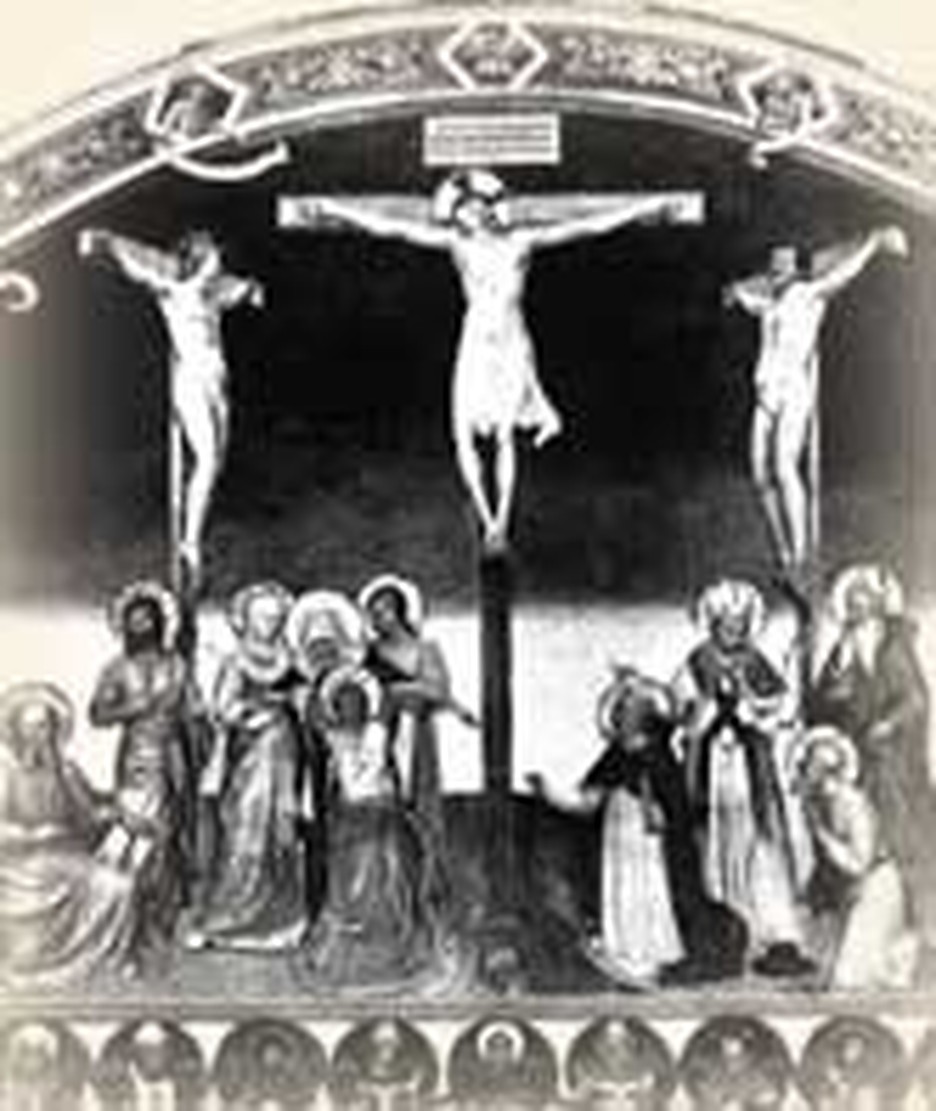
Two events within recorded human history tower like mountains over all others. One is the death of Jesus Christ. The other is his resurrection. That God would become man, allow his own subjects to kill him, and then translate that event into the gateway of their salvation has to be the most astonishing story ever told.
A pair of dates fit all the known facts for Christ's death, which took place at Passover on a Friday (the gospels show that the next day was a Saturday--the Jewish Sabbath). This would mean Christ's death fell on the 14th or 15th of the Jewish month Nisan. (In Exodus God commanded the lamb to be slain on the 14th of Nisan but the Jews in Jerusalem reckoned their days from sundown to sundown, making some disagreement as to when the 14th ended and the 15th began). Jesus' ministry commenced after John the Baptist had come. (Luke dates this in the 15th year of Caesar Tiberias). Jesus was then about thirty years old and had probably taught for three and a half years. Combining all these factors, we can say that it is most likely that Jesus went to the cross sometime between the years 27 and 34. Passover Friday fell on the 15th of Nisan in a.d 30 and 33. The first of those dates was on this day, April 7, 30.
Betrayed by Judas, one of his disciples, Jesus was arrested at night in a garden called Gethsemane near Jerusalem. When the men who came to the garden said they were looking for Jesus, he replied, "I am He." The men fell to the ground, overwhelmed by that declaration. And no wonder, for "I Am" is the name by which God first declared himself.
Concerned as always for others, Jesus urged his persecutors to let his disciples go. He even healed the ear of Malchus, slashed by Peter in a reckless attempt to defend his master.
Then Jesus was led to the house of the High Priest. Charges were leveled at him, but none stuck. Finally the priest commanded Jesus, in the name of God, to declare whether or not he was the Son of God. When Jesus affirmed it, he was declared guilty of blasphemy. This was grounds for execution under Jewish law, but Rome ruled Judea and the Jews did not have authority to execute Jesus. They were forced to bring Jesus before the Roman governor, Pilate, and ask for the death sentence. They got it by suggesting that as a pretended king, Jesus was setting himself against Rome. If Pilate freed Jesus, he was no friend of Caesar, said the Jewish leaders.
Pilate buckled. He had Jesus whipped and crucified. Darkness fell upon the land as Jesus hung on the cross--a mysterious darkness mentioned by at least two ancient writers. From the cross he forgave those who crucified him and arranged his mother's care. He said he was thirsty and groaned that God had forsaken him. At one point, he promised a thief eternal life. Six hours after the nails went in, Jesus committed his soul to God and died. At that awful moment, when the creator of worlds died, the earth shook and the ground broke open. The stones recognized their master even if men did not.
Bibliography:
- Bible. The Gospel accounts of the passion are the primary source of this story.
- "Cross." Pictorial Bible Dictionary. (Nashville, Tennessee: Southwestern, 1972).
- "Crucifixion." The Oxford Dictionary of the Christian Church. Edited by F. L. Cross and E. A. Livingstone. Oxford, 1997.
- Edersheim, Alfred. The Life and Times of Jesus the Messiah. MacDonald Publishing Co., undated.
- Finegan, Jack. Handbook of Biblical Chronology. Peabody, Massachusetts: Hendrickson, 1998.
- Stalker, James. Life of Christ. New York: Fleming H. Revell, 1909.
- Yancey, Philip. The Jesus I Never Knew. Grand Rapids, Michigan: Zondervan, 1995, especially chapter 10.
Last updated May, 2007.


